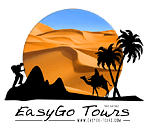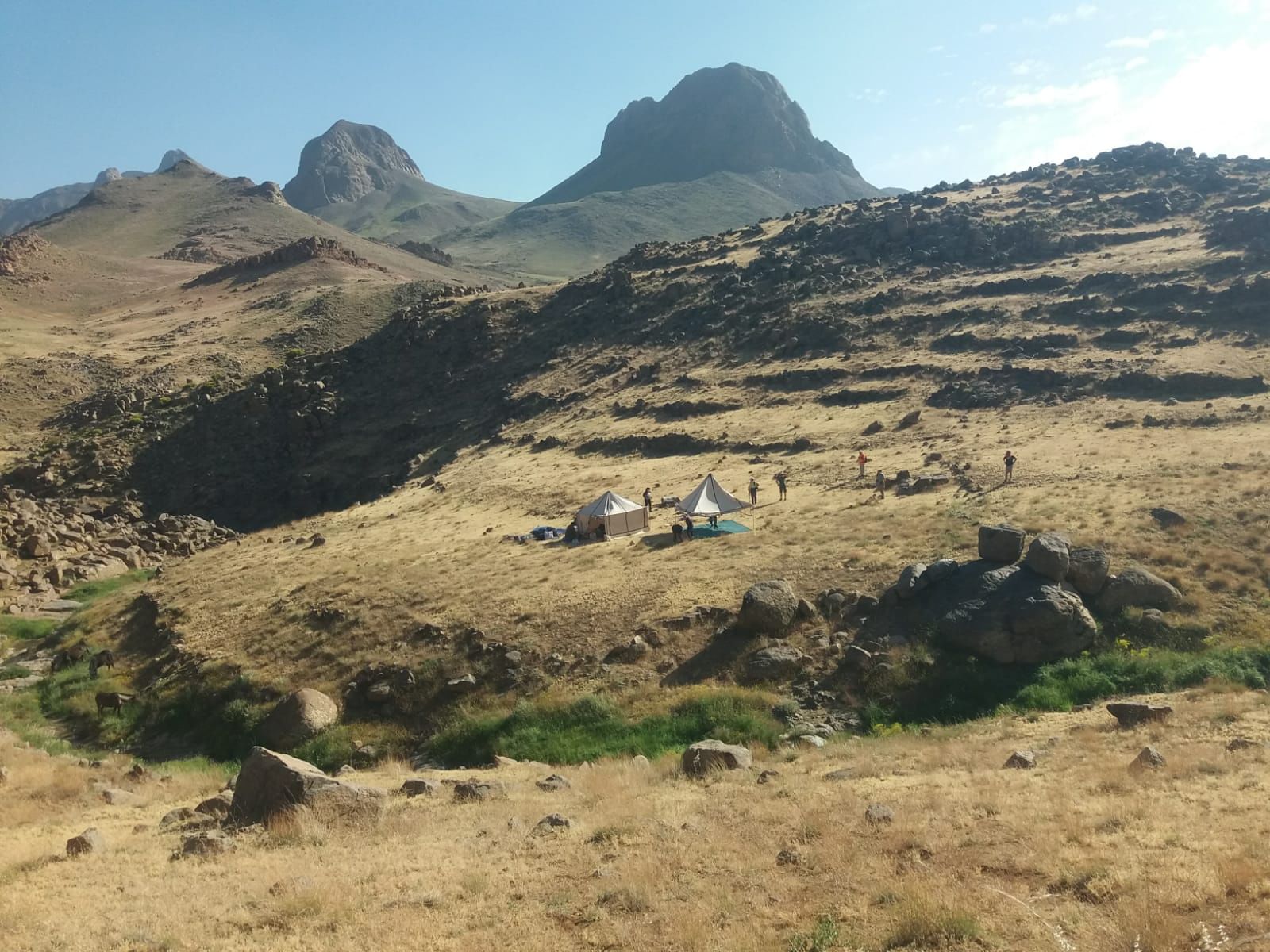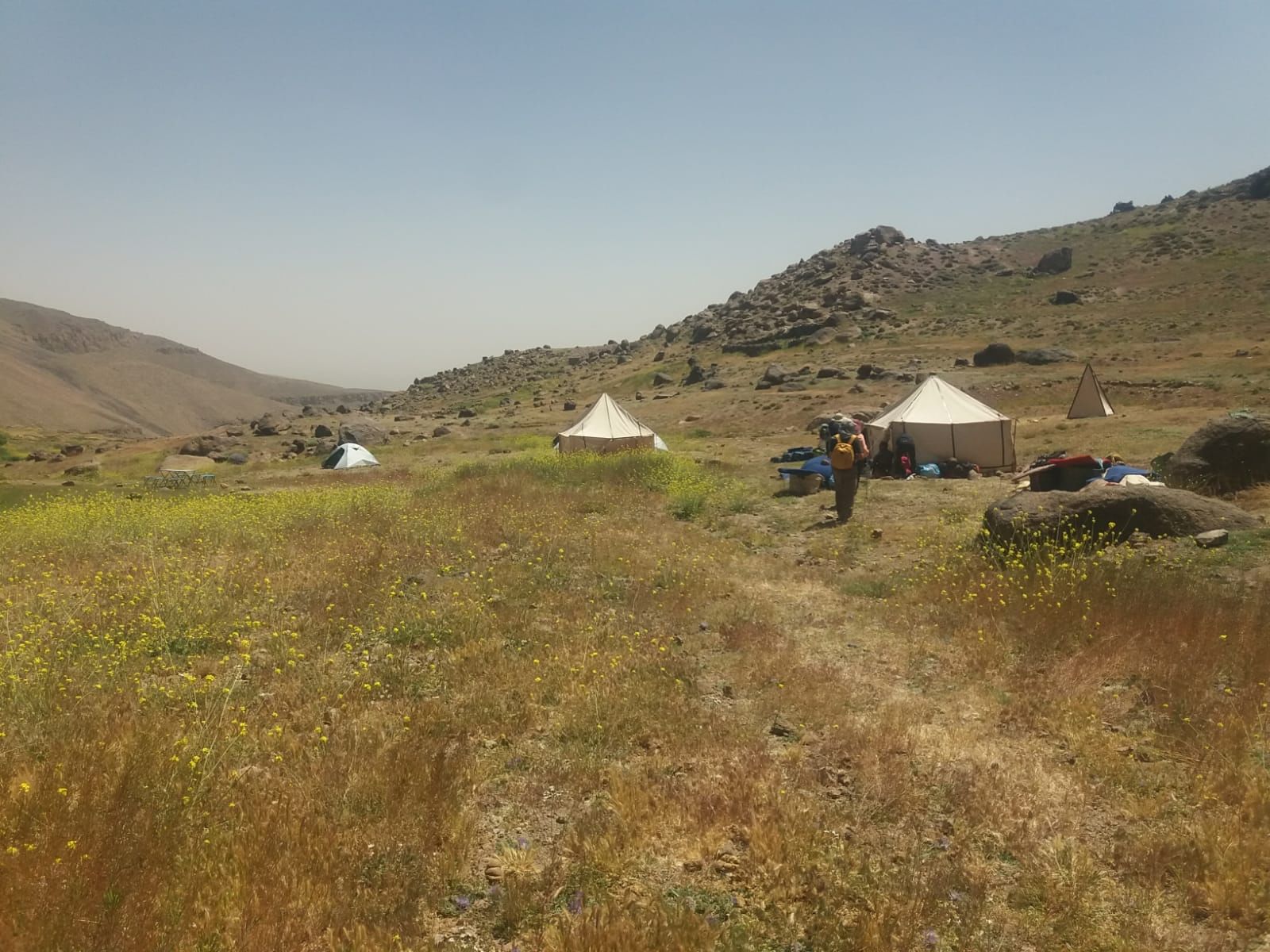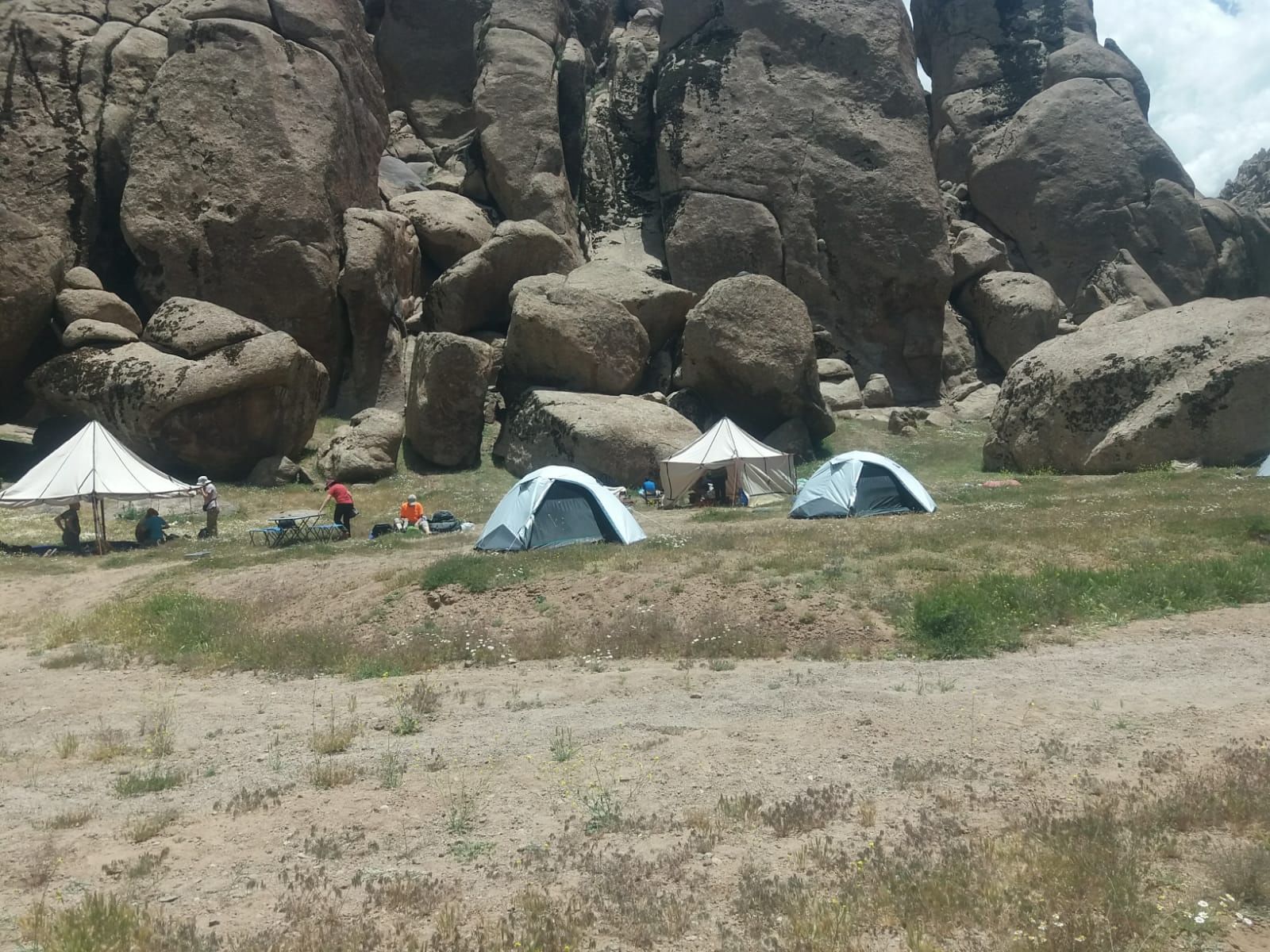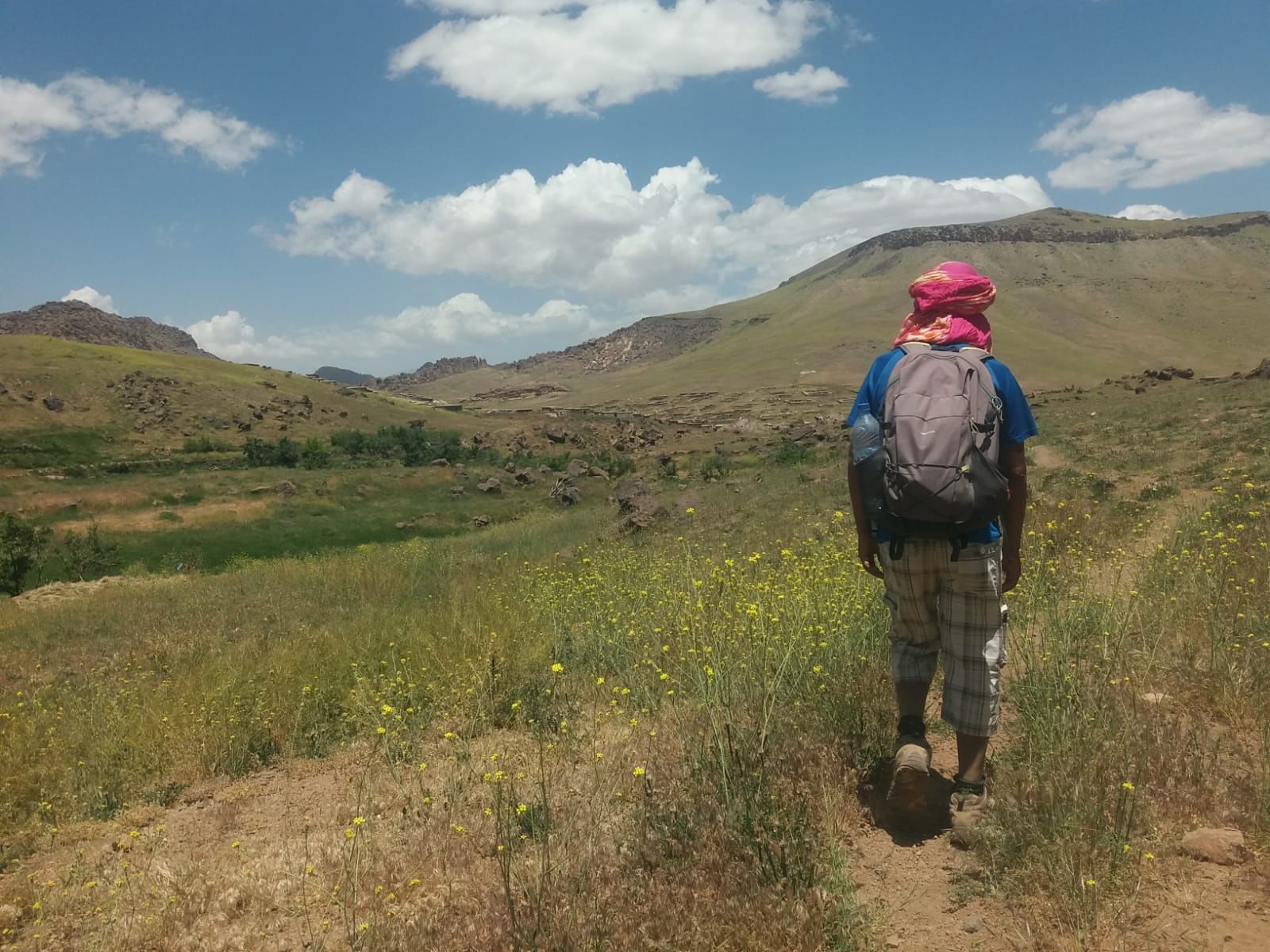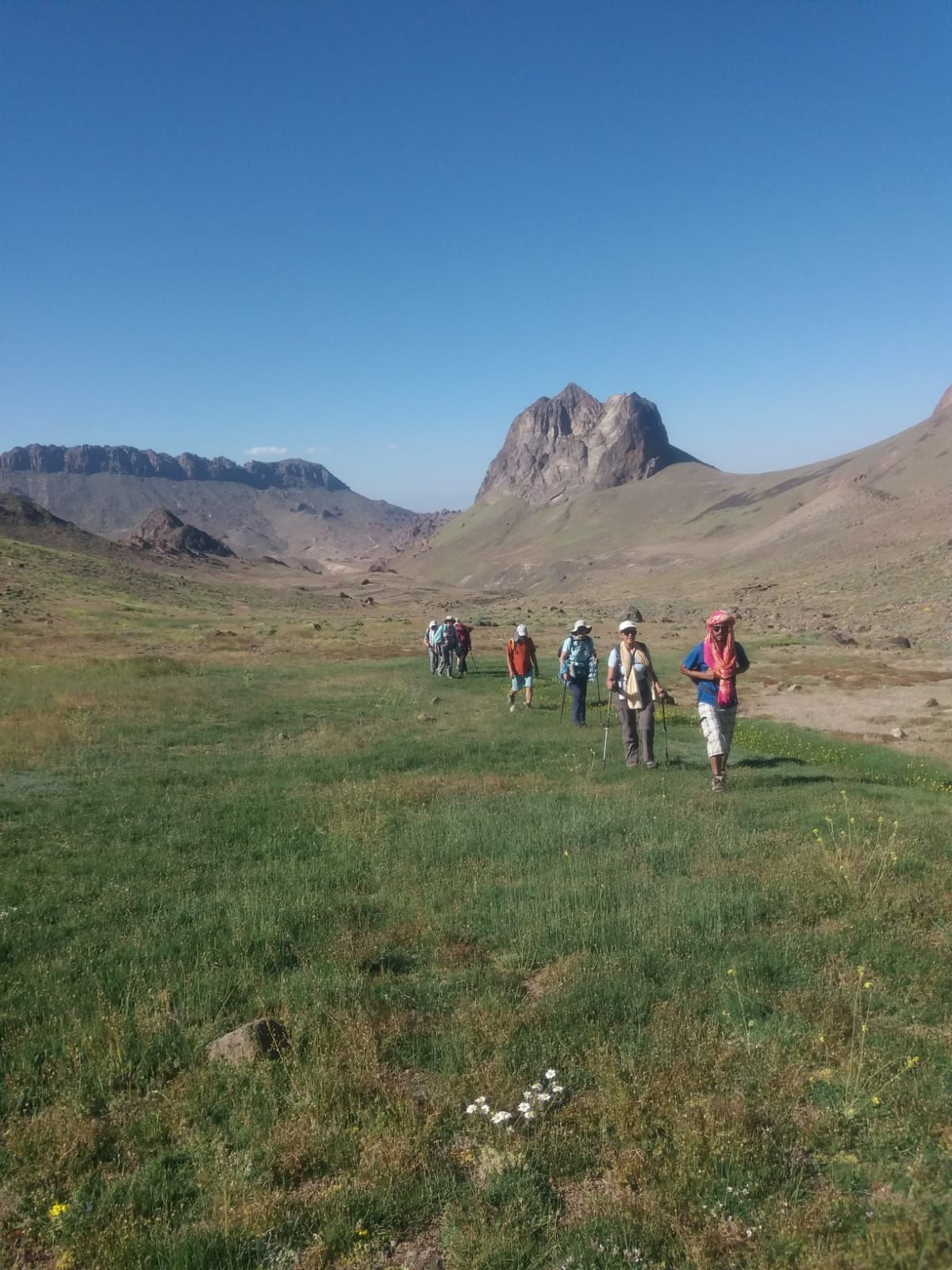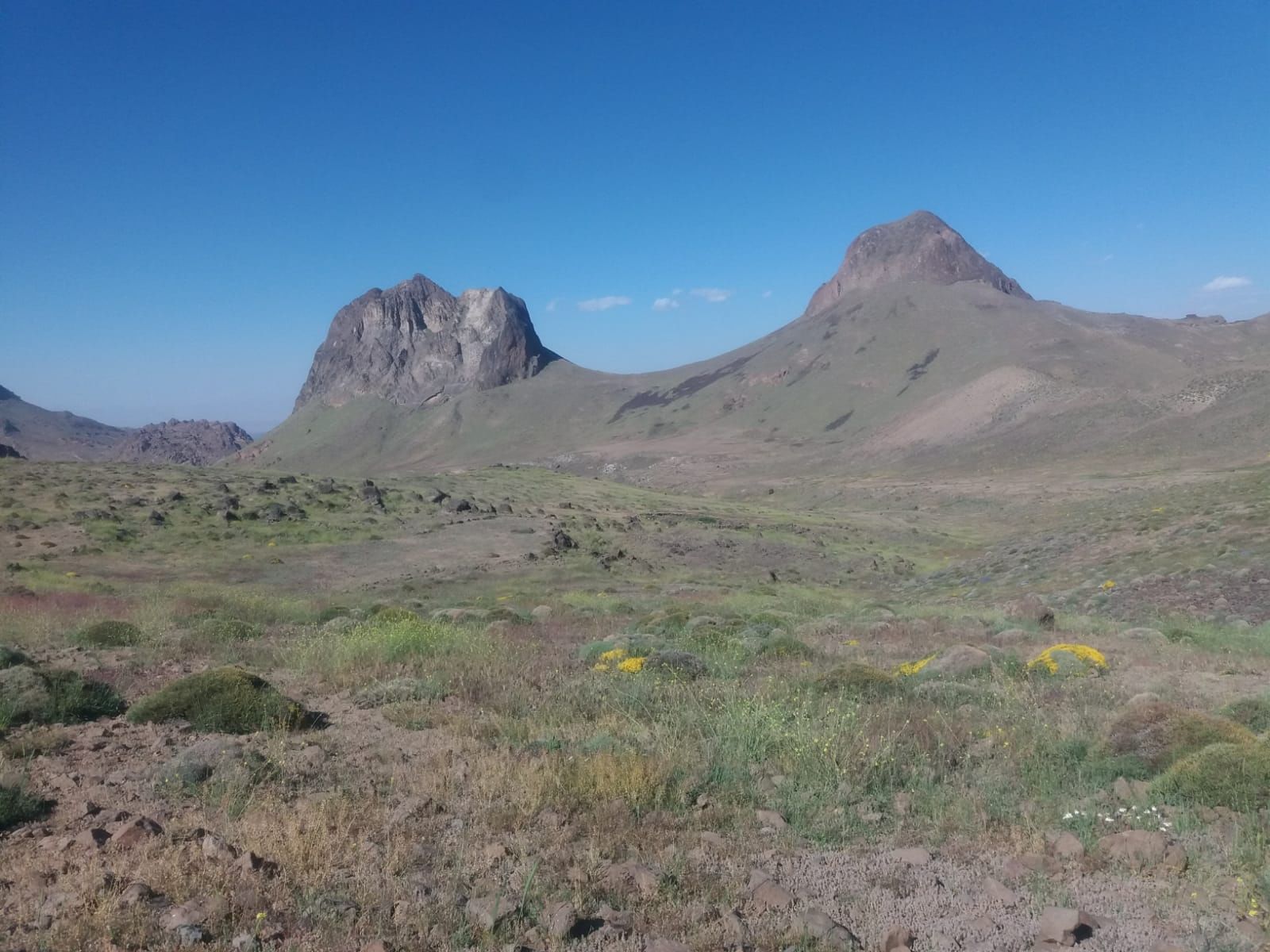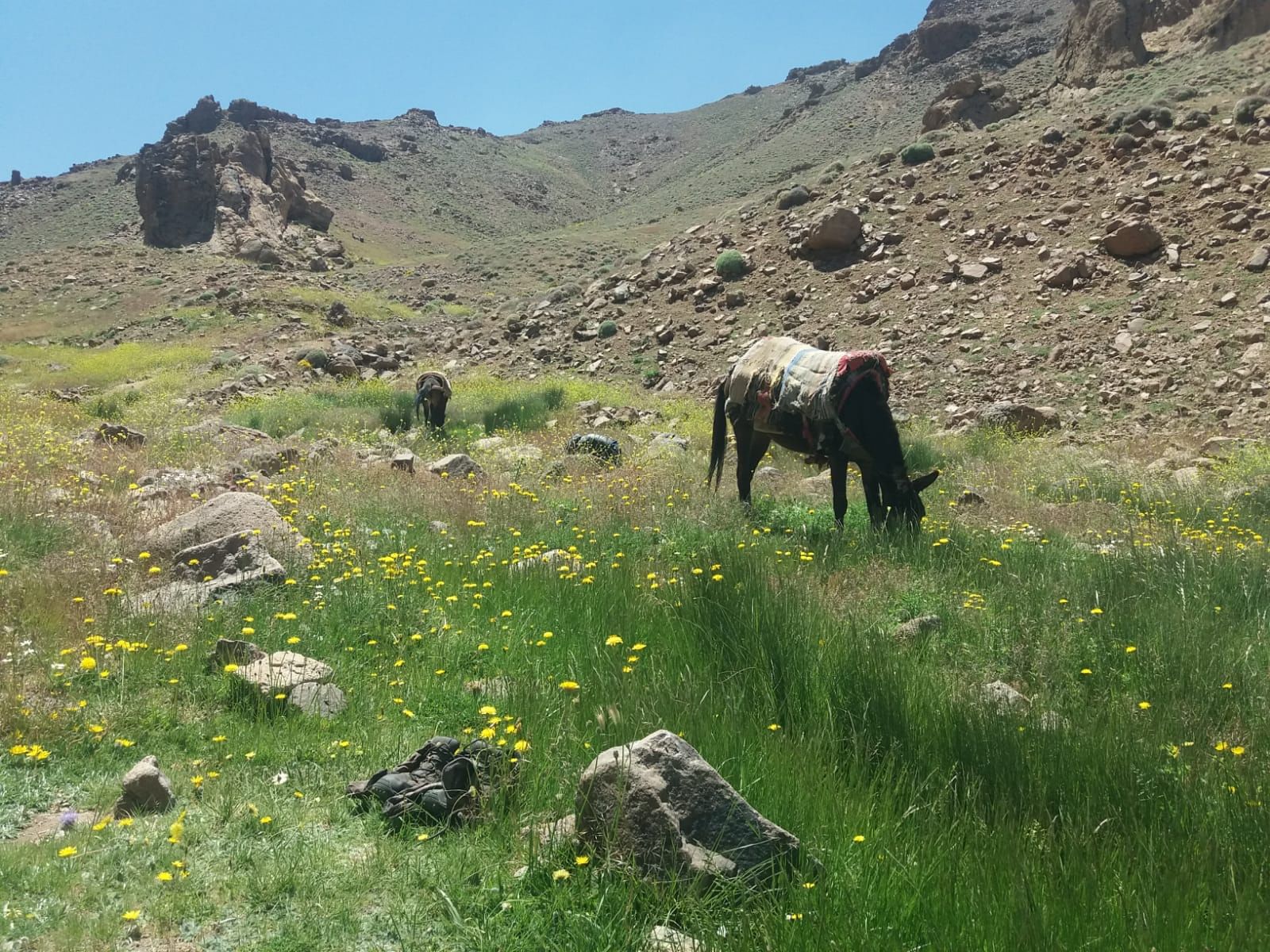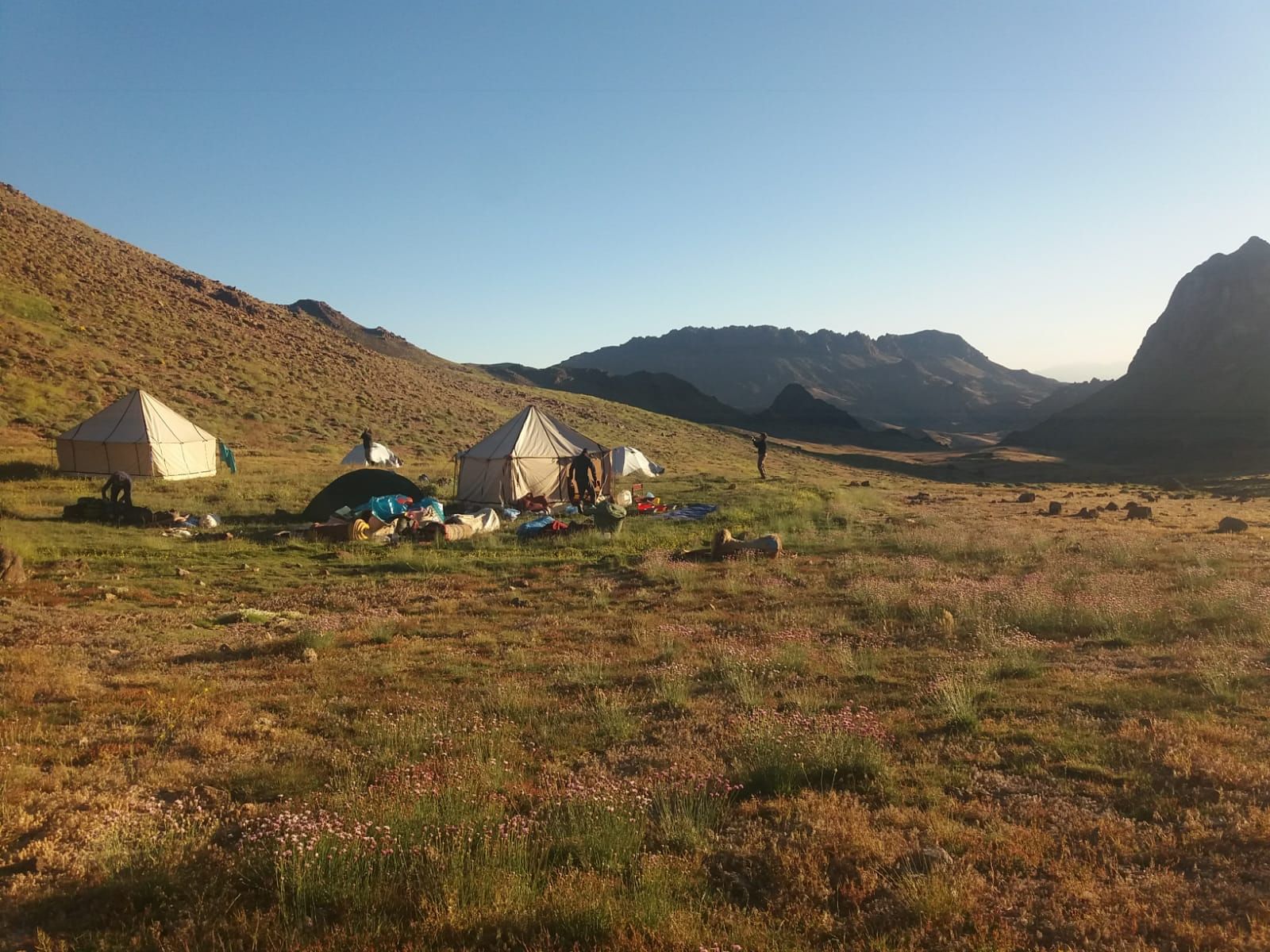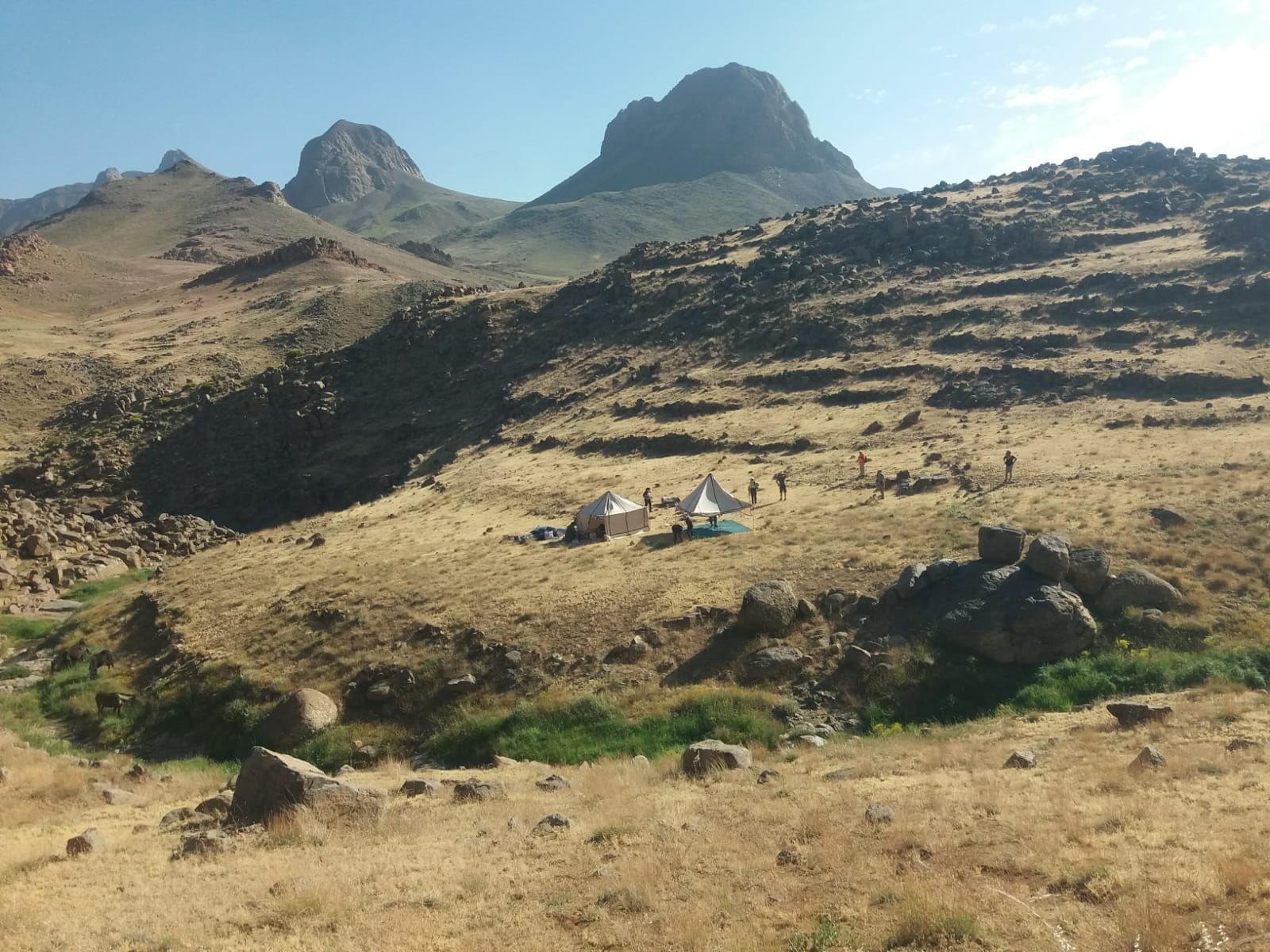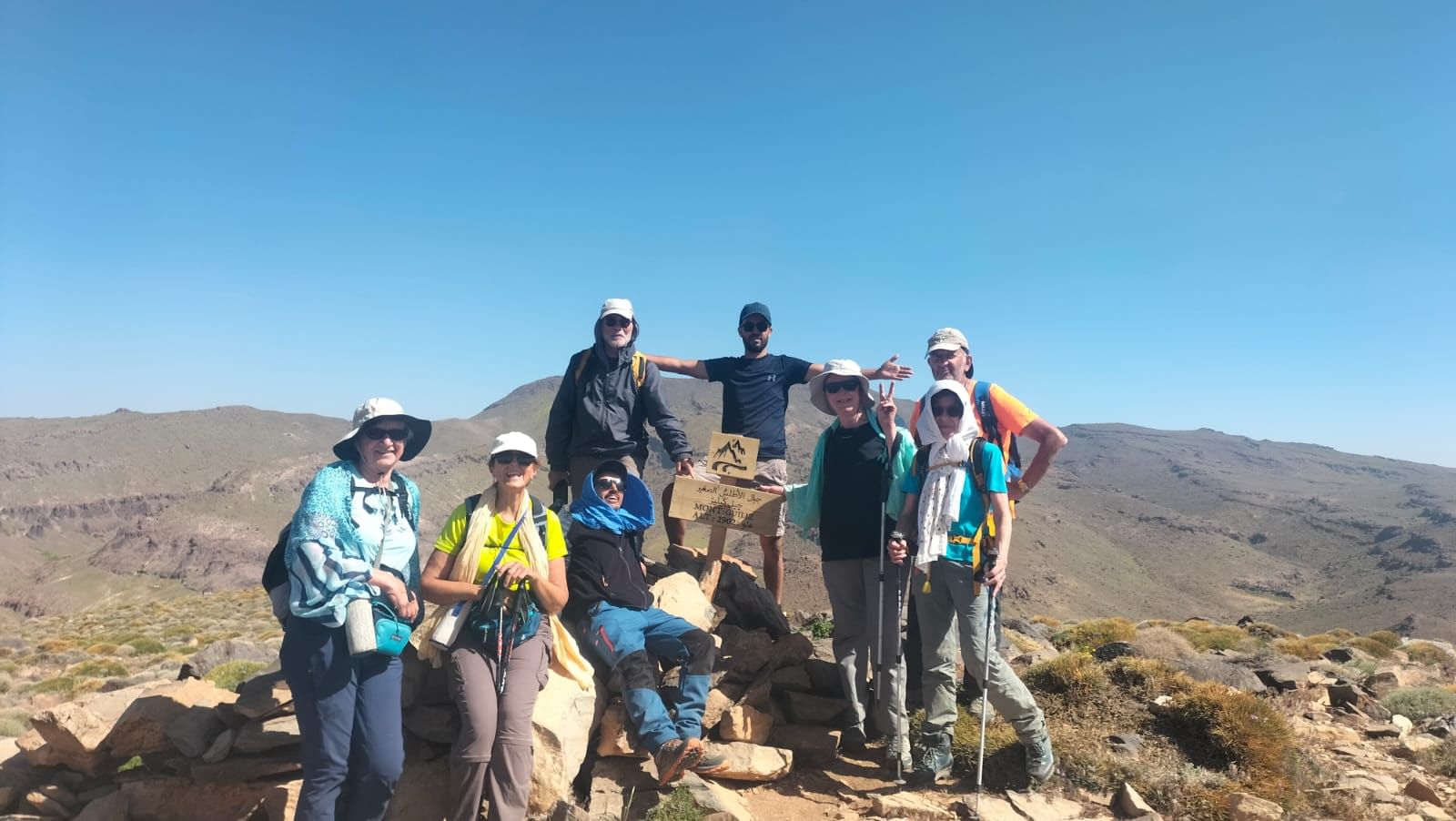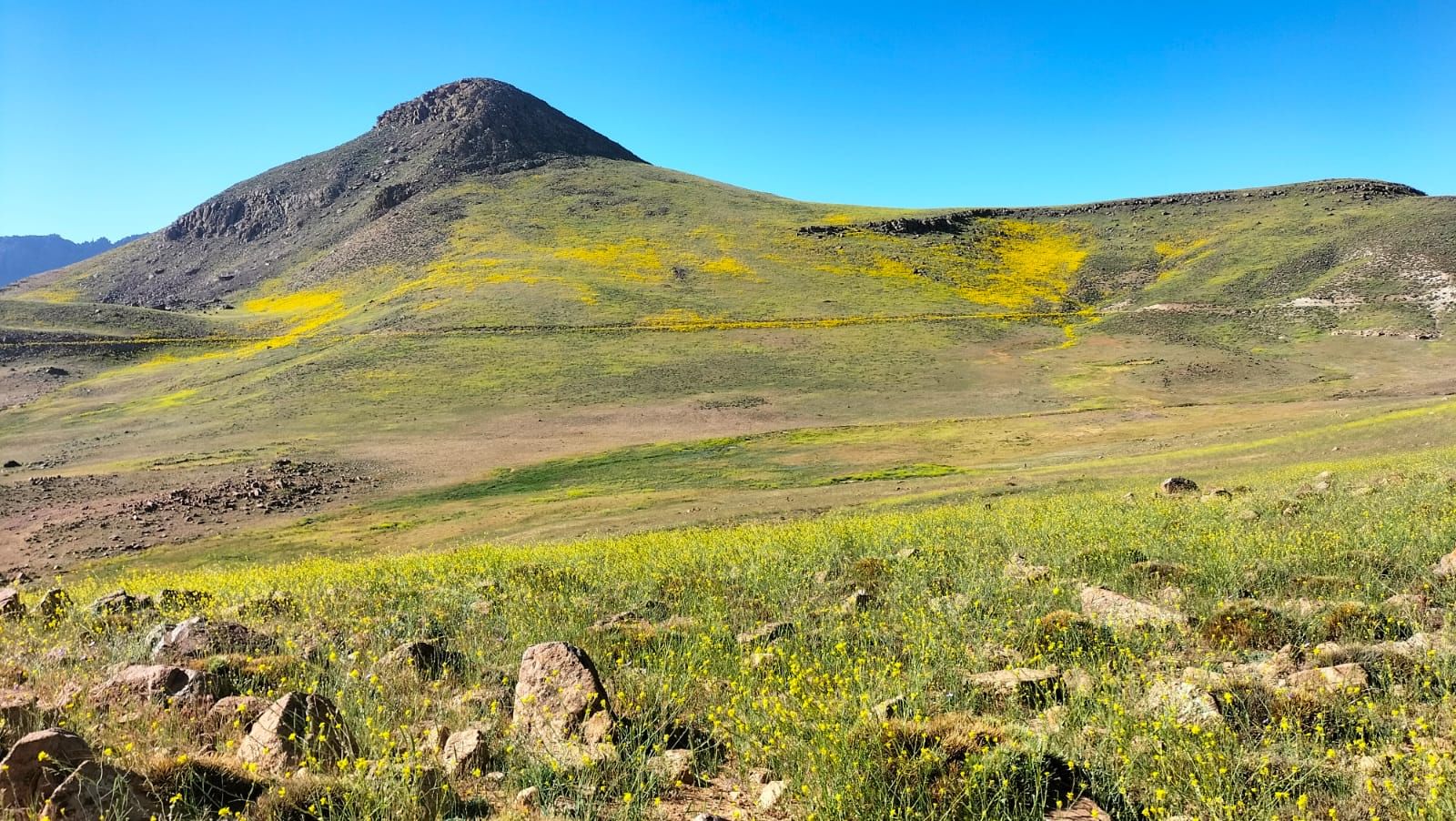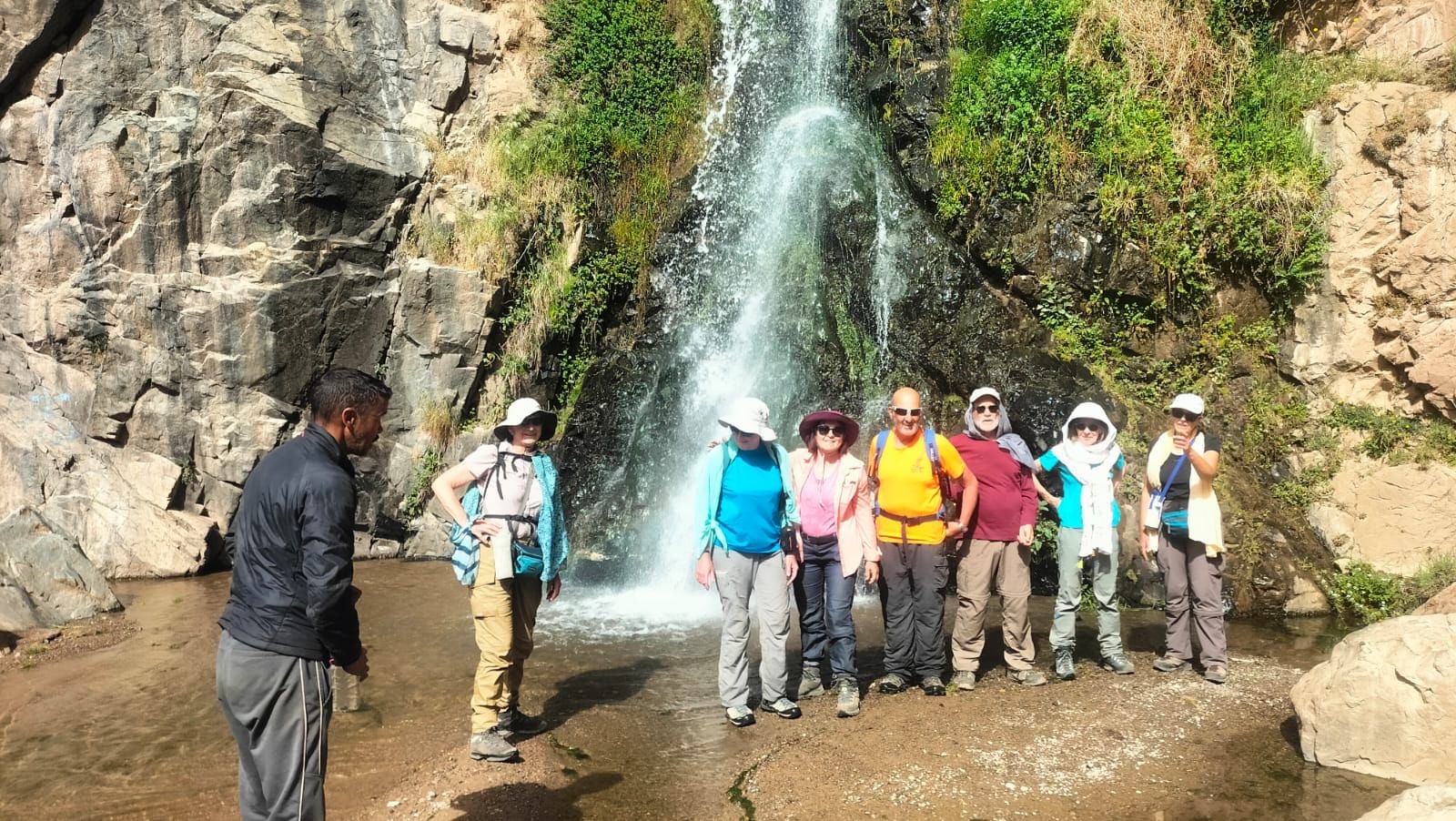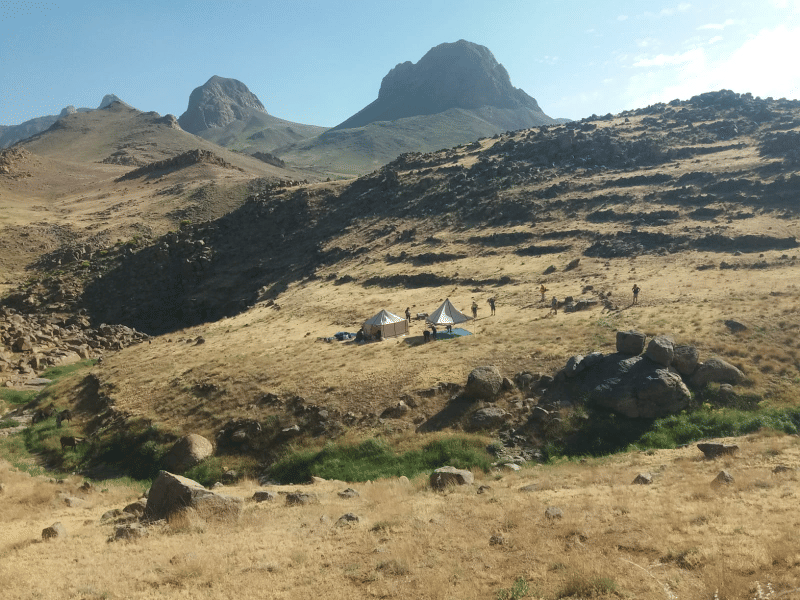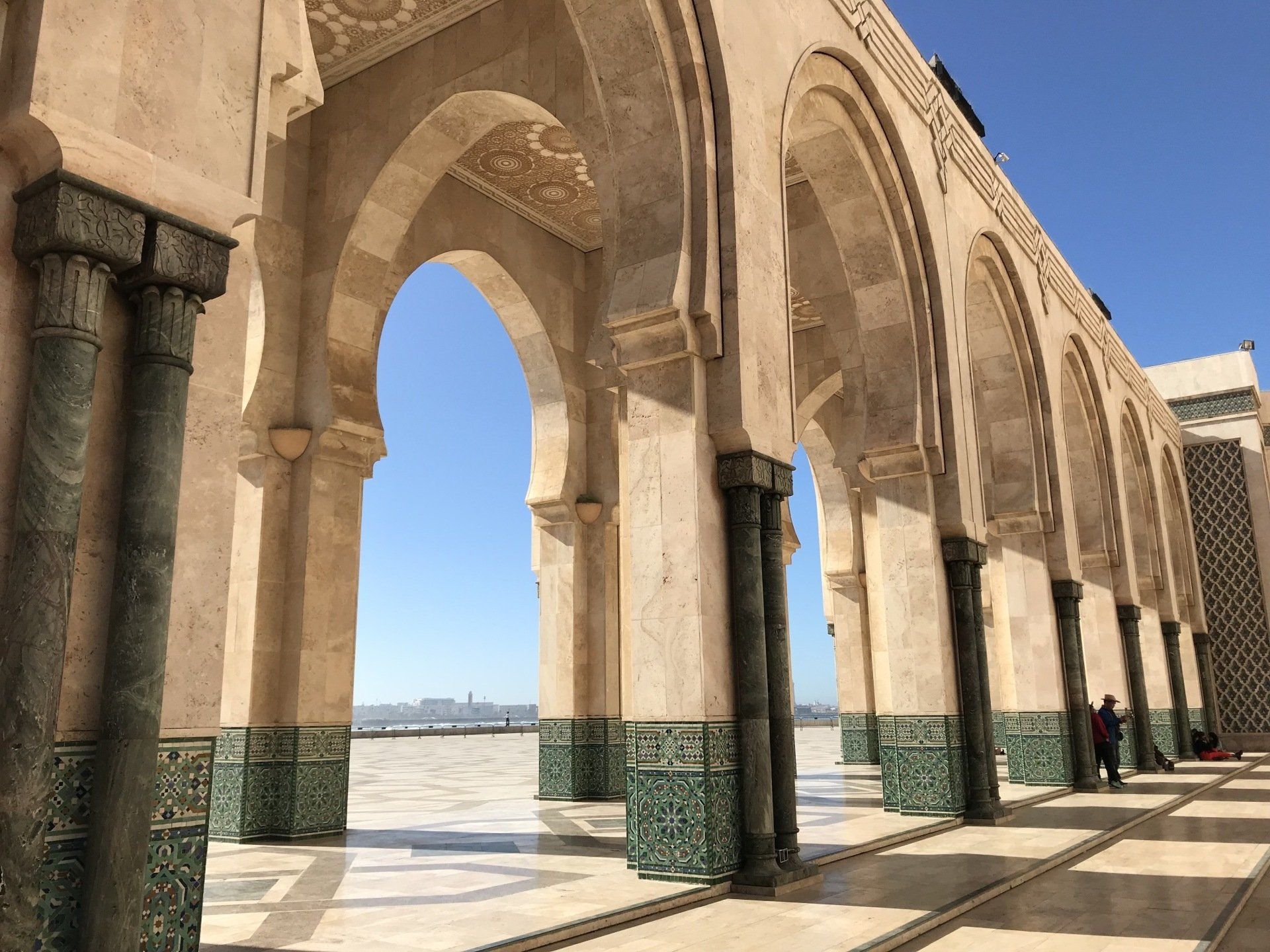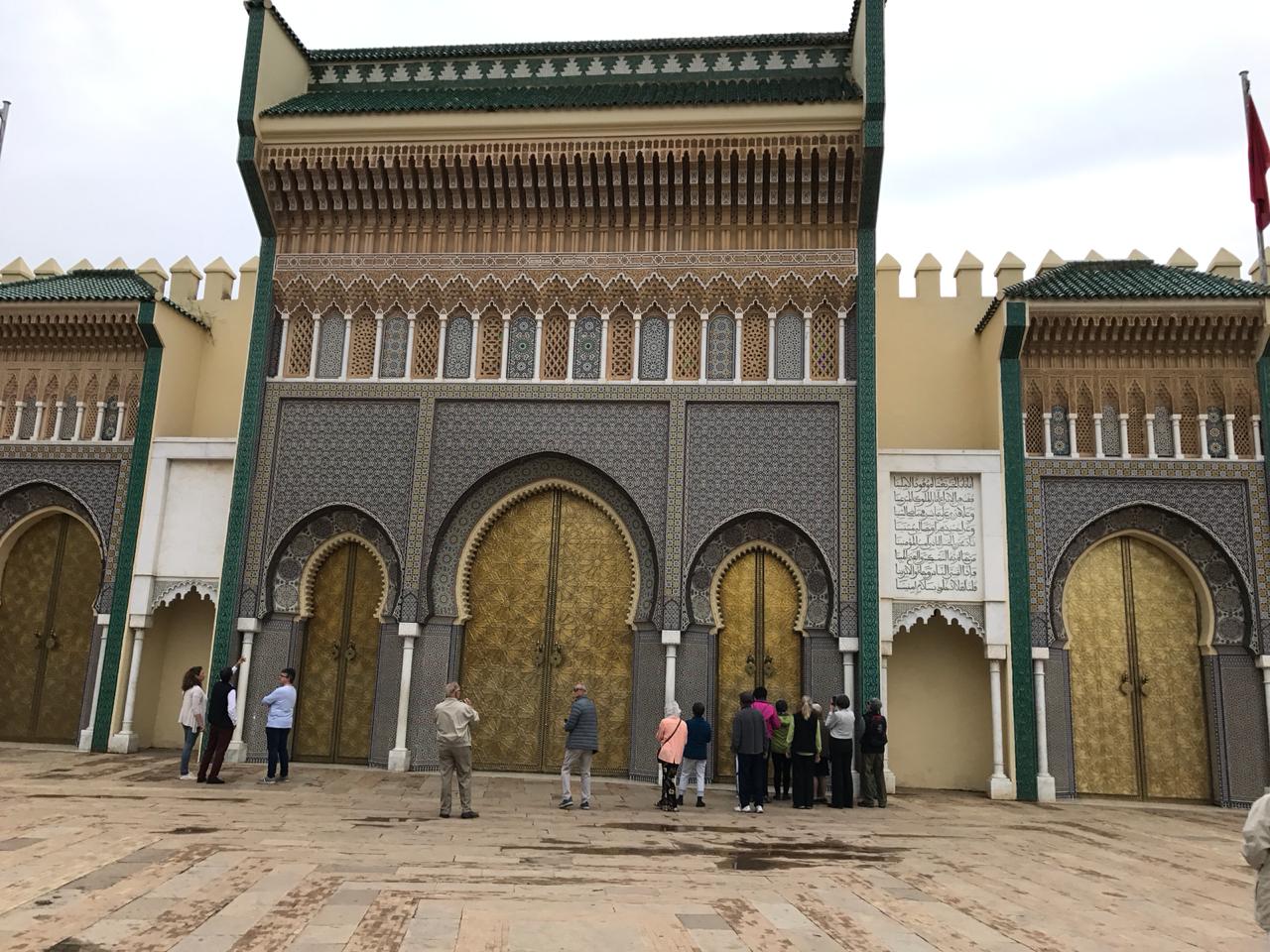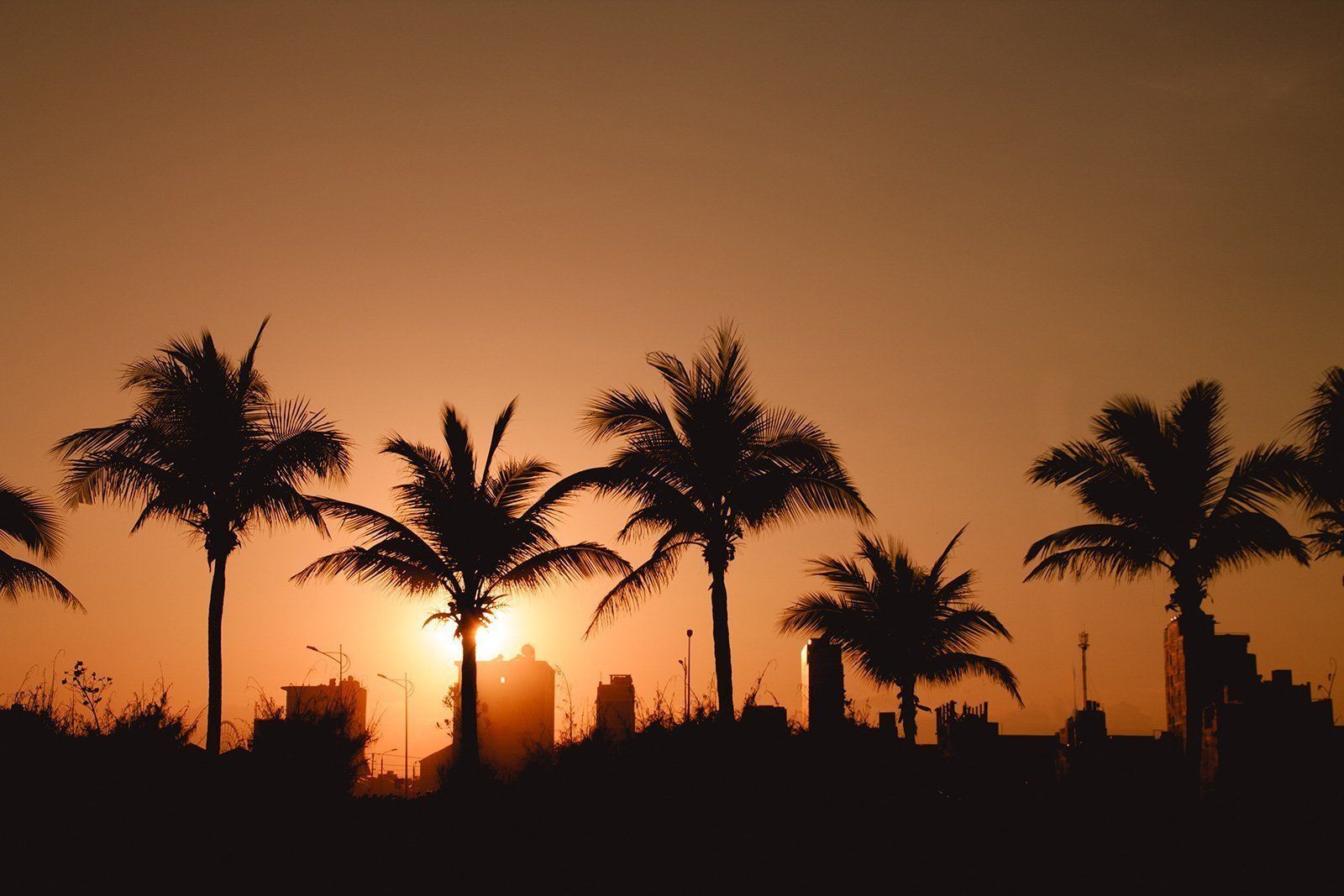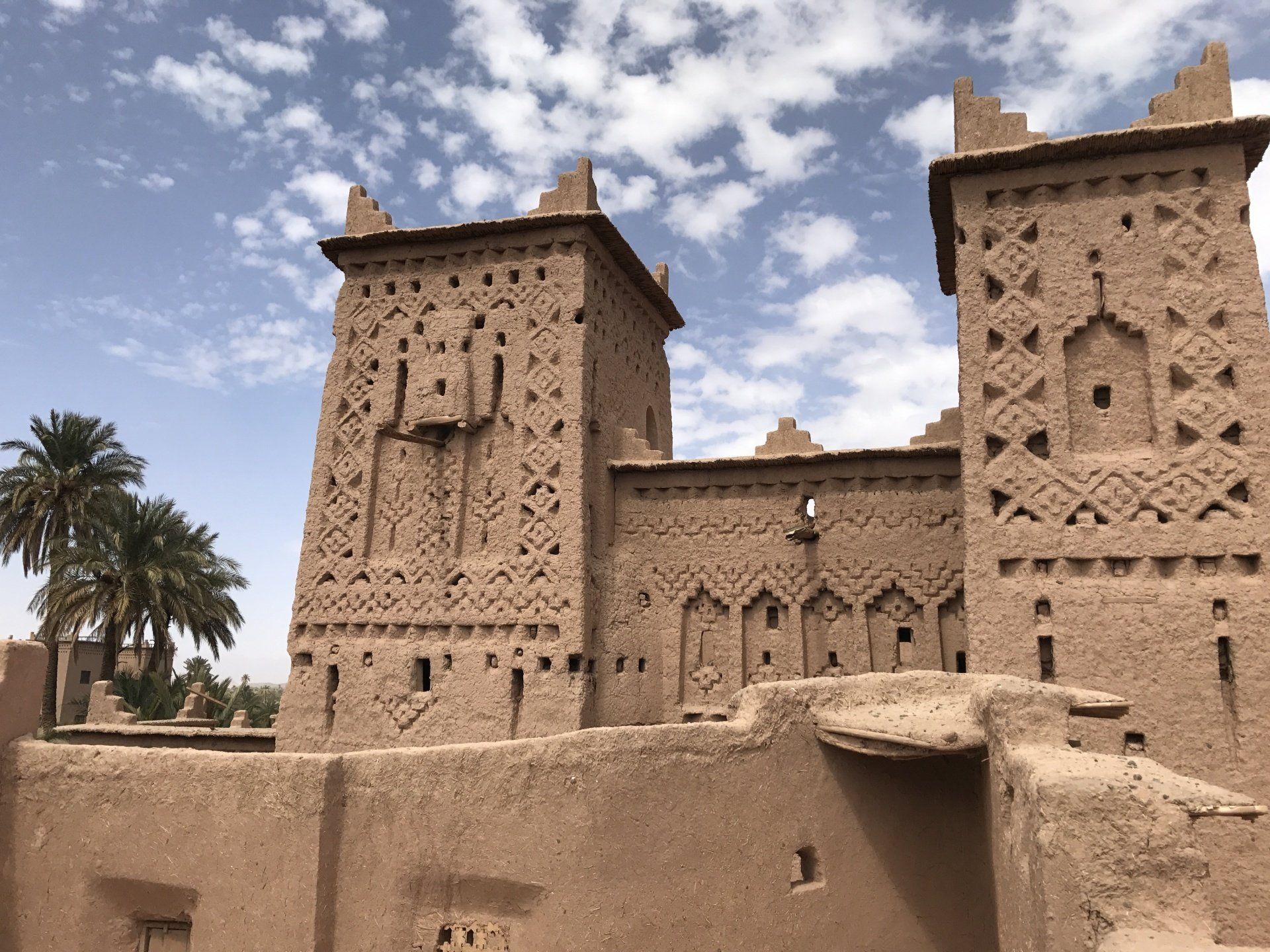Hiking in Jebel Siroua Morocco 8 days
8 days
Moderate
Trek in Jebel Siroua, Morocco Location: Between the High Atlas and Anti-Atlas Mountains Highest Peak: Jebel Siroua – 3,304 meters Trek Duration: 4 to 7 days Trek Level: Moderate to Challenging Best Time: April–June & September–November
{{raccolta_pagine_dinamiche.descrizione}}
Cosa è incluso?
- Licensed Local Mountain Guide
- Cook and Camp Staff
- Muleteers and Mules(to carry gear and supplies)
- Tented Camps(with sleeping tents, dining tent, and kitchen tent)
- Village Guesthouses(when available, often in Berber homes)
- All meals during the trek(typically Moroccan dishes: tagines, couscous, salads, bread, tea)
- Filtered or boiled drinking water
- Snacks(nuts, dried fruit, etc.)
- Tents and sleeping mats
- Cooking gear and utensils
- Tables and stools/chairs for dining
- Basic first-aid kit
- Transport from/to Marrakech or Ouarzazate to the trailhead (e.g., Ait Tigga, Taliouine)
- Luggage transfer by mule during the trek
- All local fees and permissions
- Logistics coordination with villages and support crew
Esclusioni
- International or domestic flights
- Travel insurance
- Personal trekking gear (clothing, boots, sleeping bag)
- Tips for guide, cook, and muleteers
- Extra drinks or snacks outside provided meals
notare che
🧭 1. It’s Remote and Untouched
- Jebel Siroua is less commercial and less developed than the Toubkal or Sahara regions.
- Trails are often unmarked, so going with a local guide is highly recommended.
🗓️ 2. Best Time to Go
- Spring (April–June): Ideal weather, wildflowers, and clear views.
- Autumn (September–November): Still good weather, fewer crowds.
- Avoid July–August: Very hot and dry.
- Winter: Possible snow and cold temperatures at higher altitudes.
🧰 3. Trek Difficulty and Fitness
- Treks are moderate to challenging, with long walking days (5–8 hours daily).
- Terrain includes steep ascents, rocky paths, and high passes.
- Good physical fitness is necessary, but no technical climbing skills are required.
🏕️ 4. Accommodation is Basic
- Mostly wild camping or homestays in Berber villages.
- No hotels or lodges along the route.
- Limited access to showers, electricity, or mobile signal.
🍽️ 5. Food and Water
- Meals are home-cooked by a trek cook or host families (simple but hearty Moroccan dishes).
- Water is usually boiled or filtered by the team, but bring purification tablets for extra safety.
- Vegetarians or those with dietary needs should inform the organizer in advance.
🐴 6. Support Team
- Most treks include mules, muleteers, a guide, and a cook.
- Your main pack is carried by mules – you only carry a daypack.
🎒 7. What to Pack
- Sturdy hiking boots, warm layers (nights are cold), sun protection, and a sleeping bag.
- A full packing list should be provided by your tour company.
- No shops or gear rental in the mountains – buy/rent in Marrakech or Ouarzazate.
🌍 8. Cultural Awareness
- The region is home to Berber (Amazigh) communities – conservative, kind, and traditional.
- Dress modestly(especially women), ask before taking photos, and learn a few local phrases if you can.
✅ Final Thought:
A trek in Siroua is perfect for those looking for authentic adventure, fewer tourists, and rich Berber culture. It’s more rugged and remote than better-known treks — and that’s exactly why it’s so rewarding.
Cosa portare
🥾 Footwear
- ✅ Sturdy, broken-in hiking boots(with ankle support)
- ✅ Light camp shoes or sandals (for evenings/rest)
🛌 Camping Gear
- ✅ Sleeping bag(rated to at least 0°C / 32°F)
- ✅ Sleeping bag liner (for extra warmth and hygiene)
- ✅ Travel pillow or inflatable pillow (optional)
- ✅ Headlamp or flashlight (with spare batteries)
🎒 Day & Trekking Gear
- ✅ Daypack(20–30L) – for water, jacket, snacks, camera, etc.
- ✅ Large duffel bag or soft backpack (for mule transport)
- ✅ Reusable water bottles(2–3 liters total) or hydration bladder
- ✅ Trekking poles (optional but useful on steep/uneven terrain)
- ✅ Sunglasses (UV protection)
- ✅ Sunscreen (high SPF) and lip balm
- ✅ Buff or scarf (for sun/dust/wind)
🍽️ Food & Water
- ✅ Water purification tablets or filter (optional, usually provided)
- ✅ Snacks or energy bars (trail mix, dried fruit, etc.)
- ✅ Electrolyte tablets (for hydration support)
💊 Personal & Health Items
- ✅ Personal first-aid kit (blister care, band-aids, etc.)
- ✅ Any prescription medications
- ✅ Pain relievers, stomach medicine (just in case)
- ✅ Hand sanitizer & wet wipes
- ✅ Toilet paper or biodegradable tissues
- ✅ Quick-dry towel
- ✅ Basic toiletries (toothbrush, paste, biodegradable soap)
📷 Optional Extras
- 📸 Camera or smartphone with spare battery/power bank
- 📓 Journal or book
- 🔋 Solar charger or power bank
- 🇲🇦 Phrasebook or downloaded offline translator (Berber/Arabic basics)
SLOGANELLO





